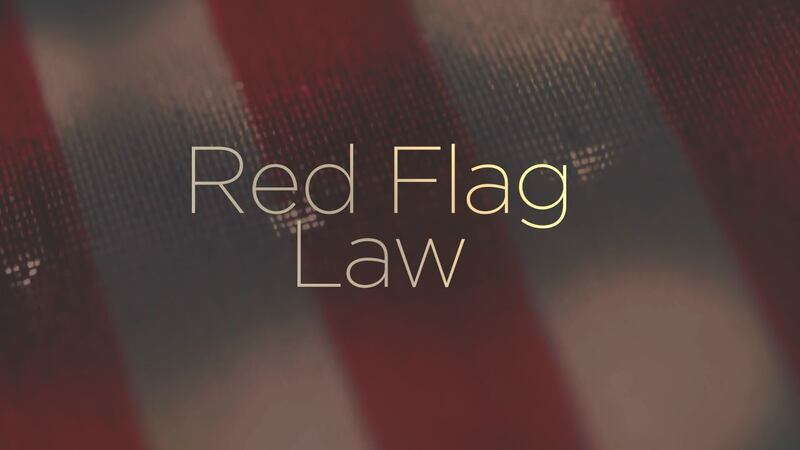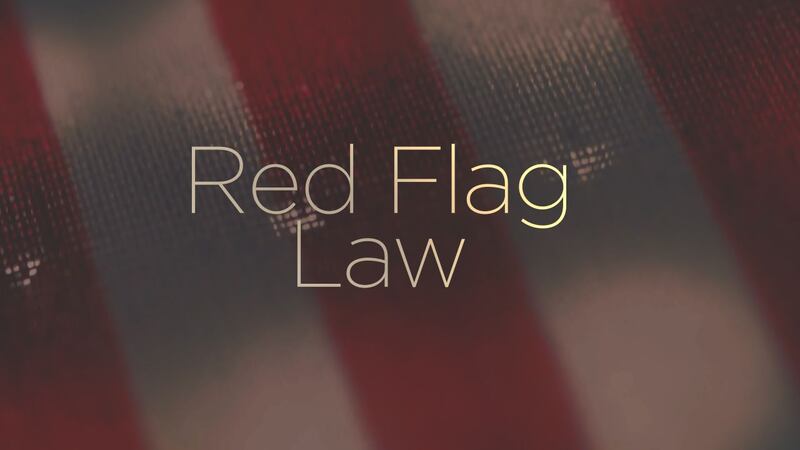ORLANDO, Fla. — In the wake of the Parkland school shooting, Florida legislators passed a series of laws designed to address gun violence and limit access to weapons.
One of the laws passed was an authorization for risk protection orders, commonly referred to as red flag laws.
The law allows law enforcement officers to remove a person’s weapons from them if that person indicates they are going to harm themselves or someone else.
>>> STREAM CHANNEL 9 EYEWITNESS NEWS LIVE <<<
Since the law was passed in 2018, it has been used almost 9,000 times for temporary risk protection orders and almost 6,000 times for final risk protection orders.
The state averaged more than 200 cases of temporary risk protection orders a month so far this year.
“There is due process inside the red flag laws,” Volusia County Sheriff Mike Chitwood said. “The criteria to file an RPO (risk protection order) is the person either has to be a danger to themselves -- that you can document and prove -- or a danger to others.”
Read: Japan’s tight gun laws add to shock over Abe’s assassination
Chitwood said he considers Florida’s red flag law as a model for its balancing of rights and risks, noting that each order must come from a judge within 72 hours of its application and then the person receives a hearing within 14 days.
“The judge determines whether to return the firearms, return the firearms in six months, return the firearms in a year, so there is due process there the whole time,” Chitwood said.
Since the law was passed in 2018, one of the main areas where it has been effective is preventing suicides, with state data showing a decline every year since the law was passed.
But could more be done?
Read: Governors offer Democrats aggressive reply on guns, abortion
“It is not enough just to have the laws, but you need to have a process in place to get treatment for these people,” said Carol Wick, a licensed therapist with Sharity Global. “The need is there, but the concern is what is the follow up?”
Nonprofit Mental Health America said Florida ranks 48th in access to care and 49th in “adults with a cognitive disability who could not see a doctor due to cost.”
The group estimates that more than 17% of Floridians with mental illness do not have health coverage.
“Medicaid has not increased the reimbursement rate for an hour of mental health counseling in almost 10 years,” Wick said. “For a significant part of the population, services aren’t there because the money isn’t there.”
Click here to download the free WFTV news and weather apps, click here to download the WFTV Now app for your smart TV and click here to stream Channel 9 Eyewitness News live.
©2022 Cox Media Group










